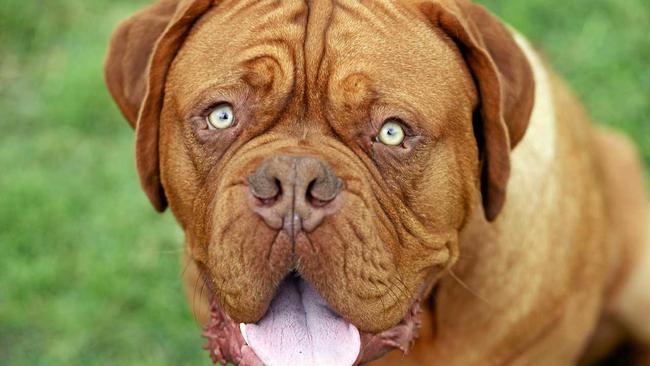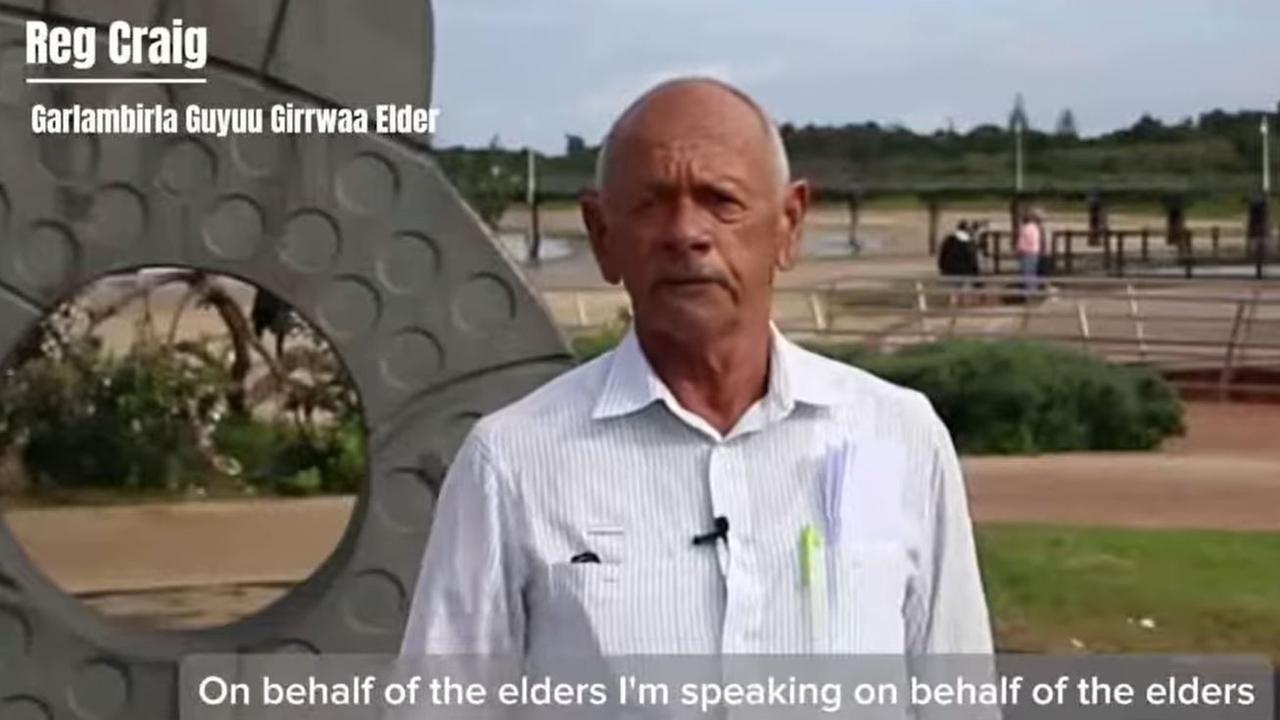Glands can be a pain in the butt
Does your dog rub its bum a lot? Check out reasons why they do this and how to fix it.

Community News
Don't miss out on the headlines from Community News. Followed categories will be added to My News.
Question - My dog often rubs its bum on the carpet. Is this something I should worry about?
Answer - All carnivores have glands on either side of their anus which are used to mark territory.
Skunks have evolved modified glands for defence, even in dogs the contents of the gland can be very smelly.
Dogs have been domesticated for many thousands of years and no longer make much use of these glands.
The glands have become a vestigial organ similar to the human appendix, they no longer serve much purpose and may become infected or inflamed and cause a great deal of discomfort.
In some cases, the glands continue to function almost normally, producing large quantities of substrate.
However, the dog rarely becomes excited enough to express the glands and the glands become distended and uncomfortable.
These need to be squeezed to remove the contents.
A very smelly liquid is expressed although sometimes this dries into a paste which is very difficult to express.
Impacted glands require flushing under a general anaesthetic.
Infection causes the formation of an abscess which can rupture on the surface of the skin and is excruciatingly painful and smelly.
Infection requires comprehensive treatment including antibiotics and pain relief.
Abscessation should be an indication to surgically remove the offending glands.
In Coffs Harbour there are several very competent surgeons who are capable of performing this surgery.
All my clients who opted for this procedure have been relieved at the recovery and quality of life enjoyed by their dogs after the procedure.


